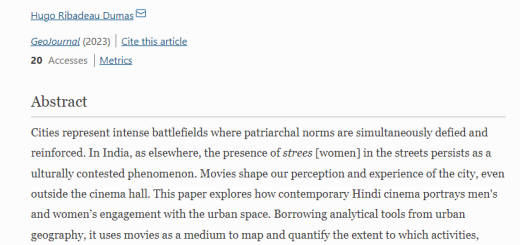CSH Trade Investment and Development Initiative (TIDI)
The CSSH continues its initiative by participating to the international conference on Thursday/Friday 21-22 may 2015 organised by
Jindal Global Law School (JGLS), O.P. Jindal Global University (JGU) & Wolrd Trade Institute (WTI), University of Bern, SWITZERLAND on the subject :
A stocktaking of India’s trade policy: Past, Present and the Future
As a leading player in the multilateral trading system, India’s trade policies exert a significant influence on other World Trade Organization (WTO) members. The 20th Anniversary of the WTO is an opportunity to reflect upon the successes and failures of India’s past trade policies as well as to carry out meaningful course corrections to make them suitable to achieve India’s development aspirations.
Four decades ago, at the peak of the “license raj”, India’s trade to GDP ratio was in single digits, with trade limited to certain essential categories of goods and exports undertaken with the help of export incentive schemes. The above trends have changed markedly in recent years, especially in the immediate aftermath of the economic liberalization campaign undertaken in the early 1990s. India’s once closed economy is now an outward-oriented one, with a trade-to-GDP ratio in excess of 50 percent. With growth in imports and exports, cross-border flows of capital, and accompanying increases in Indian inbound and outbound foreign direct investment, Indian businesses and entrepreneurs generally feel optimistic about the future.
Such developments prompt several important policy questions: What will be the thrust of India’s evolving trade policy? How will Prime Minister Modi’s ‘Make in India’ campaign figure in India’s new trade strategy? What would happen to India’s trade profile (and thus the country’s trade strategy) if it satisfactorily tackled its infrastructural bottlenecks? What will be the respective roles of the State and the private sector in devising and implementing the country’s new trade strategy? Does the lack of regional integration at India’s doorstep affect the country’s ability to compete in world markets?
The joint Jindal Global Law School- World Trade Institute [JGLS-WTI] conference on the theme “A Stocktaking of India’s Trade Policy: Past, Present and Future” seeks to situate India in the pantheon of emerging nations and see how its development prospects and the constraints it carries from the license raj days affect its ability to use trade with a view to overcoming growth bottlenecks and shifting the country’s political economy narrative towards more openness and competition and less policy precaution. The conference brings together some of the leading academics, policy makers, diplomats and civil society representatives who have had and continue to have a major role in shaping India’s trade policy. The conference provides a platform to discuss the lessons drawn from past experiences, the challenges currently facing India’s trade policy formulation process and the steps to be taken in aligning the country’s future trade policy to overall development objectives and evolving global realities.
The CSH launched its trade, investment and development initiative with a presentation of the book “Fresh Water in International Law” by Prof. Dr. Laurence Boisson de Chazournes (Geneva University), which was followed by a discussion on Tuesday 12 November 2013, at the Indian Law Institute (ILI).








